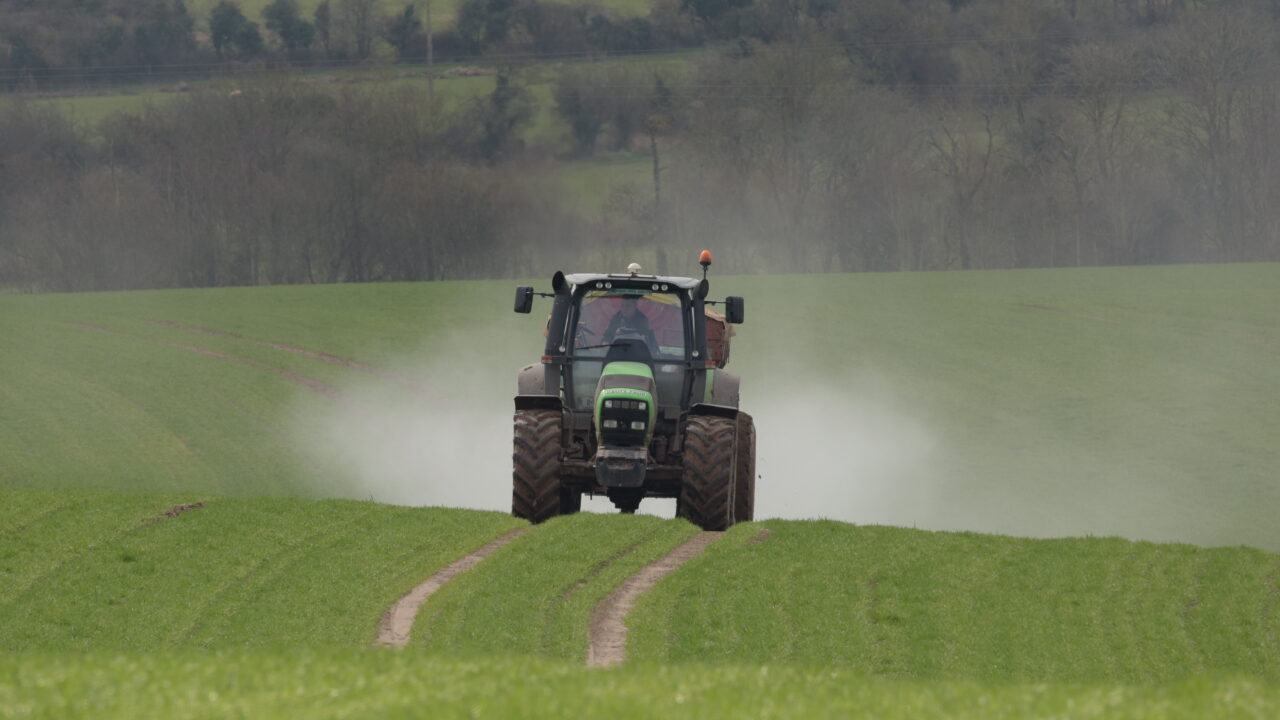The Irish Fertiliser Manufacturers’ and Blenders’ Association (IFMBA) is to publish a report next week, which will relate the many challenges facing Ireland’s fertiliser sector at the present time.
It will be presented to Minister for Agriculture, Food and the Marine, Charlie McConalogue with the expectation that the document will be put into the public domain shortly thereafter.
This report should be useful as the fertiliser sector in Ireland is facing into a period of uncertainty.
The impact of the prospects for fertiliser for 2023 will have a major impact on Irish farm business.
Urea prices are already back up to a wholesale price of about €1,000/t and with the cost of packaging, and distribution added to this, we are talking about a price to the farmer of about €1,050.
Given the volatility of the war involving Russia and Ukraine, no one knows how the market will perform over the coming months.
Irish fertiliser market
Irish fertiliser companies normally procure at least one-third of their annual requirements between now and Christmas. But, given current market conditions and uncertainties, it is unlikely that any local importer will be active in the market over the coming weeks.
The overall amount of fertiliser used in Ireland during 2022 has fallen by about 25%, year-on-year. All of the fertiliser used in this country is imported.
Price is one issue; security of actual supply is another.
Recent weeks have seen about 70% of western Europe’s ammonia fertiliser plants taken out of production because gas prices have risen so much.
No one in the industry can predict when these plants will come back on line again.
Traditionally Russia and a number of other countries, now sanctioned because of the war in Ukraine, would have supplied one-third of Ireland’s fertiliser requirement.
This has left Irish importers with no option but to find 100% of its total requirement from suppliers who normally supply two thirds (non sanctioned) of the market requirements.
It seems to be an equation that is impossible to balance at the present time.
The IFMBA report is expected to clarify all of these issues for the benefit of both the government and the farming sector.
